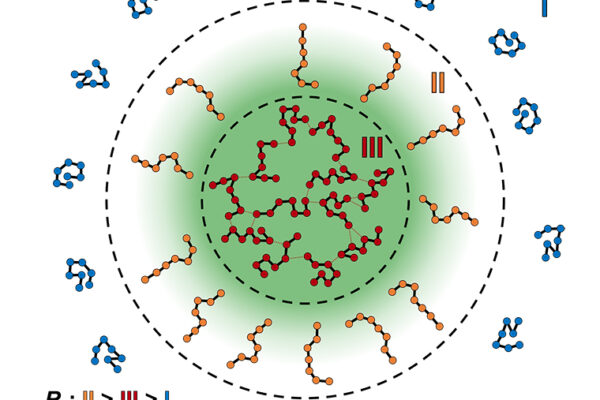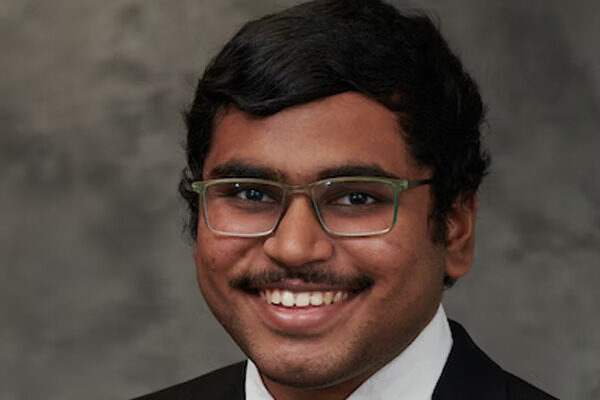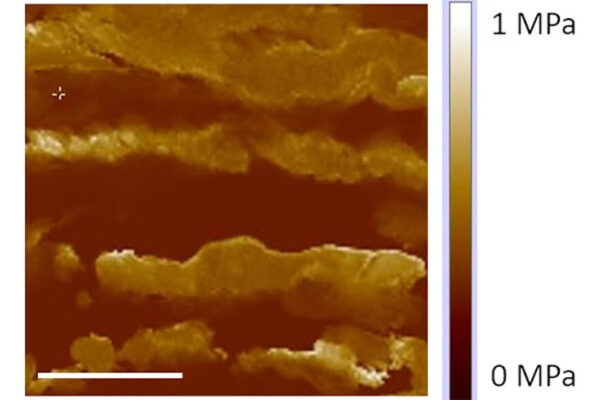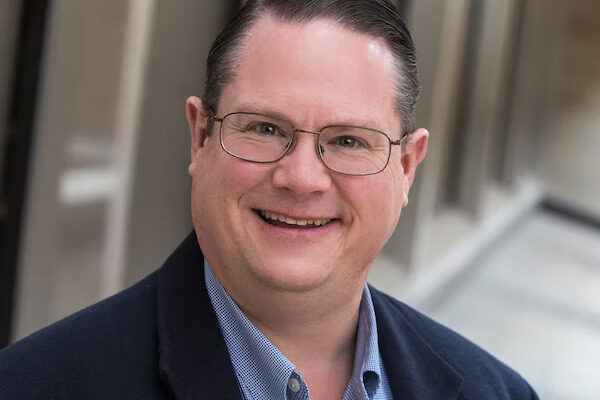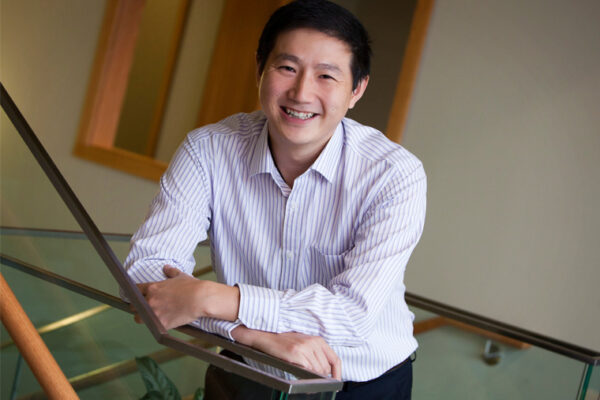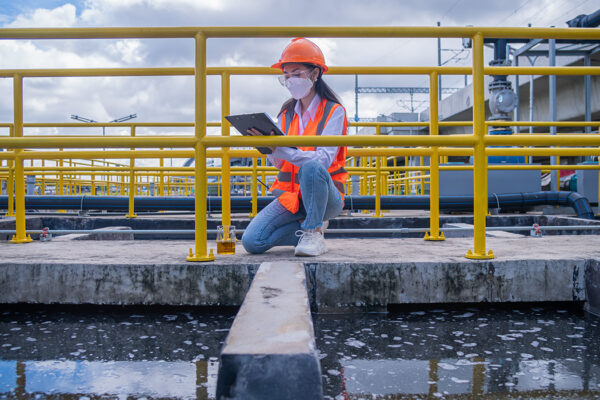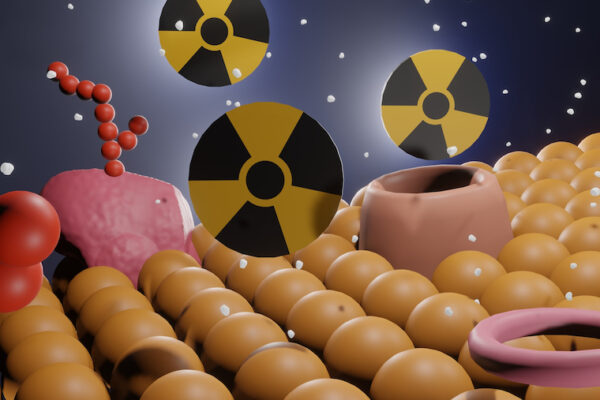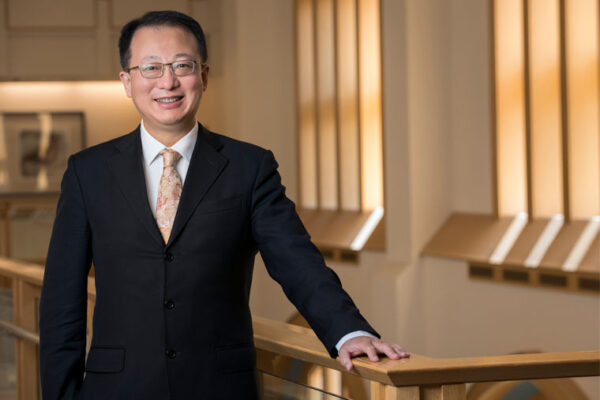Interfaces play important role in condensate behavior
A team of researchers, led by Rohit Pappu at the McKelvey School of Engineering at Washington University in St. Louis, focused on defining the features of condensate boundaries. They found that within condensates — molecular communities that make up the building blocks of life — the molecules’ organization resembles the hub-and-spoke structure of airports.
Doctoral student wins Quad Fellowship
Ganesh Chelluboyina, a doctoral student at the McKelvey School of Engineering, received a 2023 Quad Fellowship. Chelluboyina studies light-absorbing aerosols, particularly organic aerosols that result from wildfires.
Mechanical causes behind congenital heart defect under new focus
Jessica Wagenseil, at the McKelvey School of Engineering, plans to take a closer look at the mechanics on smooth muscle cells in the aortic wall with a four-year $1.6 million grant from the National Institutes of Health (NIH). Results may help to identify new drug strategies.
Gill named ACM Distinguished Member
Christopher Gill, a professor at the McKelvey School of Engineering, has been named a Distinguished Member of the Association for Computing Machinery for his contributions to the field.
Chen elected IEEE Fellow
Yixin Chen, a professor of computer science and engineering at the McKelvey School of Engineering, has been named an IEEE Fellow in the Class of 2023.
Precision insights can be found in wastewater
Fangqiong Ling at the McKelvey School of Engineering and Likai Chen in Arts & Sciences developed a machine learning model that uses the assortment of microbes found in wastewater to tease out how many individual people they represent. Their study was published in PLOS Computational Biology.
Imaging technique may measure absorbed dose from radiation therapy
Abhinav Jha, at the McKelvey School of Engineering, wants to use novel imaging to better understand how people absorb radiation therapy. His team won a four-year $2.2 million National Institutes of Health (NIH) grant for the study, which aims to guide treatment decisions.
Donald Snyder, senior professor in engineering , 87
Donald Snyder, a senior professor of electrical and systems engineering at the McKelvey School of Engineering, died Nov. 21 of complications of gastrointestinal cancer. He was 87. A memorial service is planned for April.
Taking a closer look at blockchain security
Ning Zhang, at the McKelvey School of Engineering, plans to develop new defense tactics for blockchain with a four-year $360,000 grant from the National Science Foundation.
Entangled photons to take pictures in the dark
Joshua Yuan at the McKelvey School of Engineering is using quantum physics to develop technology to image photosynthesis in action without disturbing the process. The research has received support from the U.S. Department of Energy.
Older Stories
